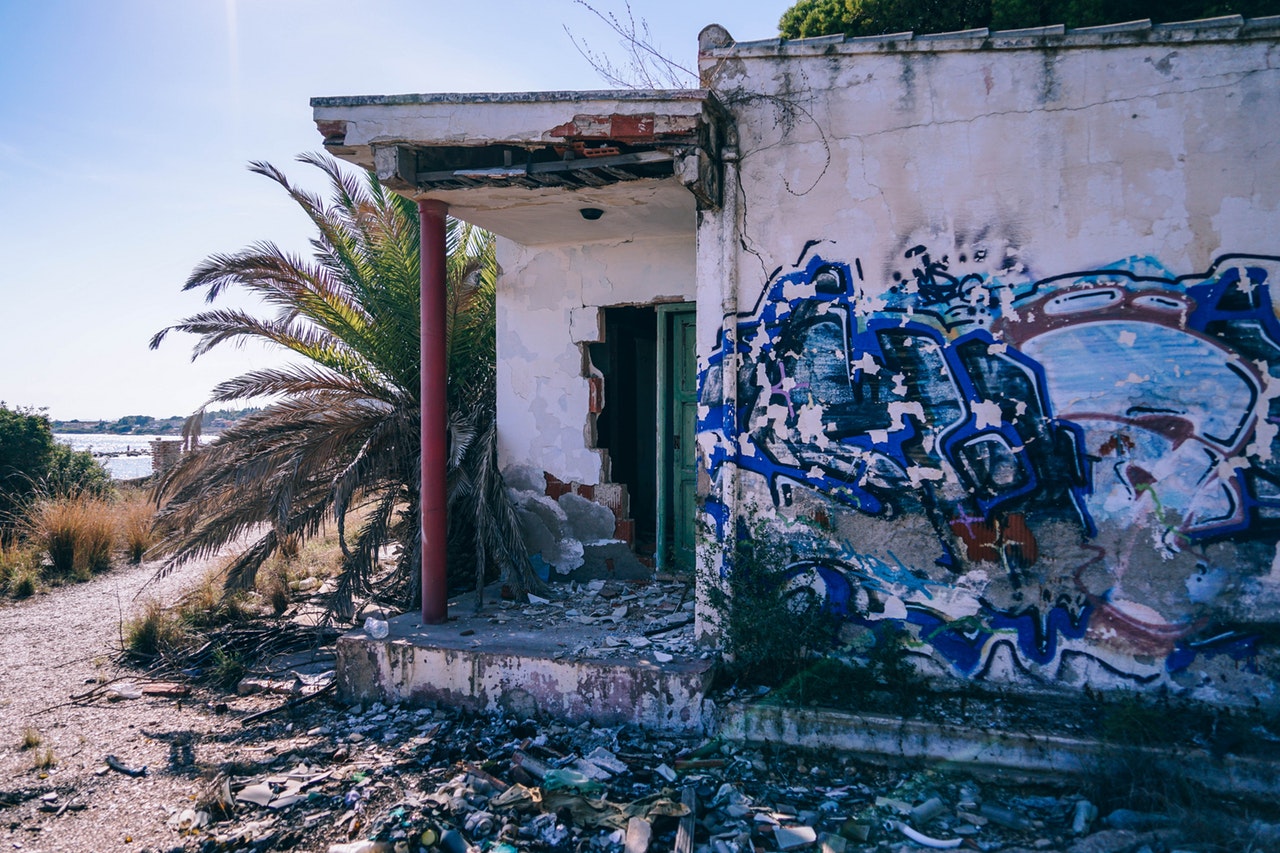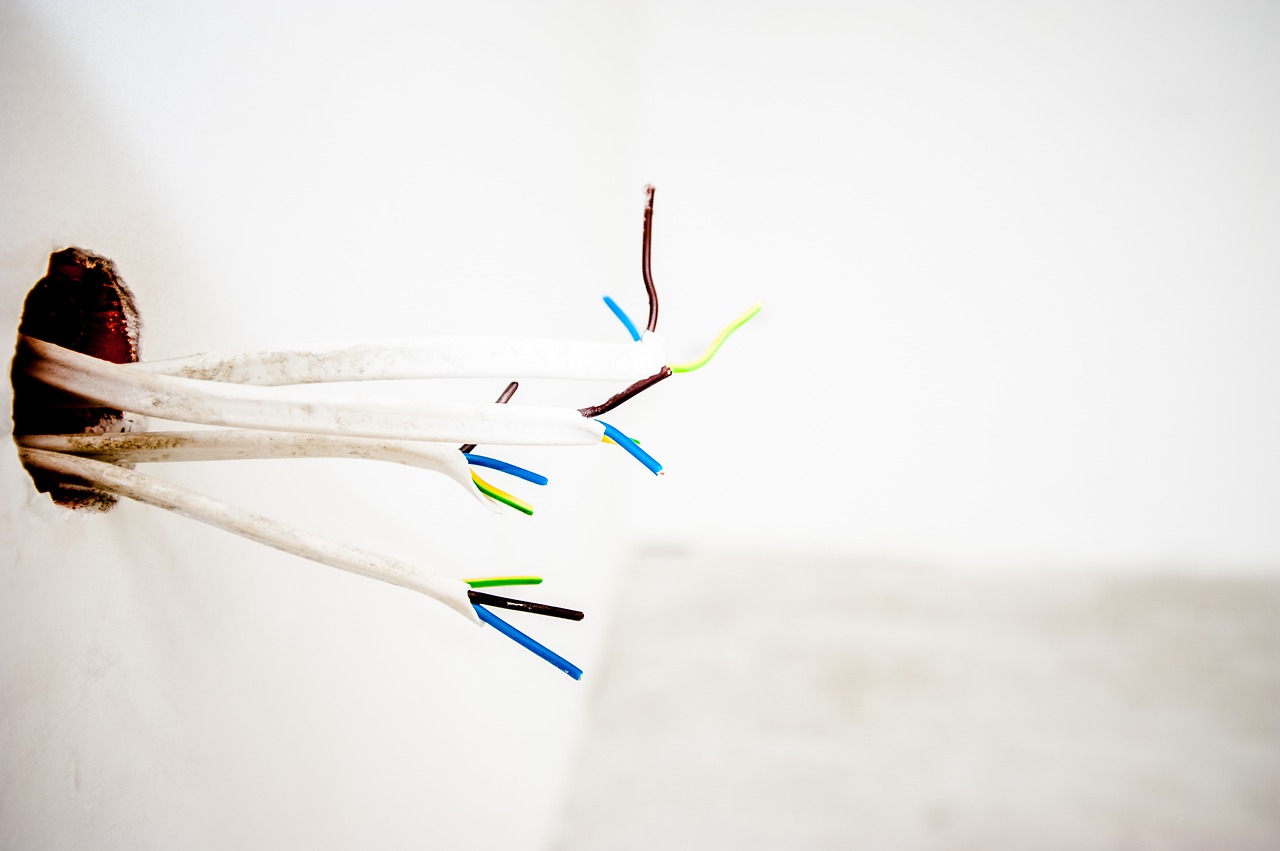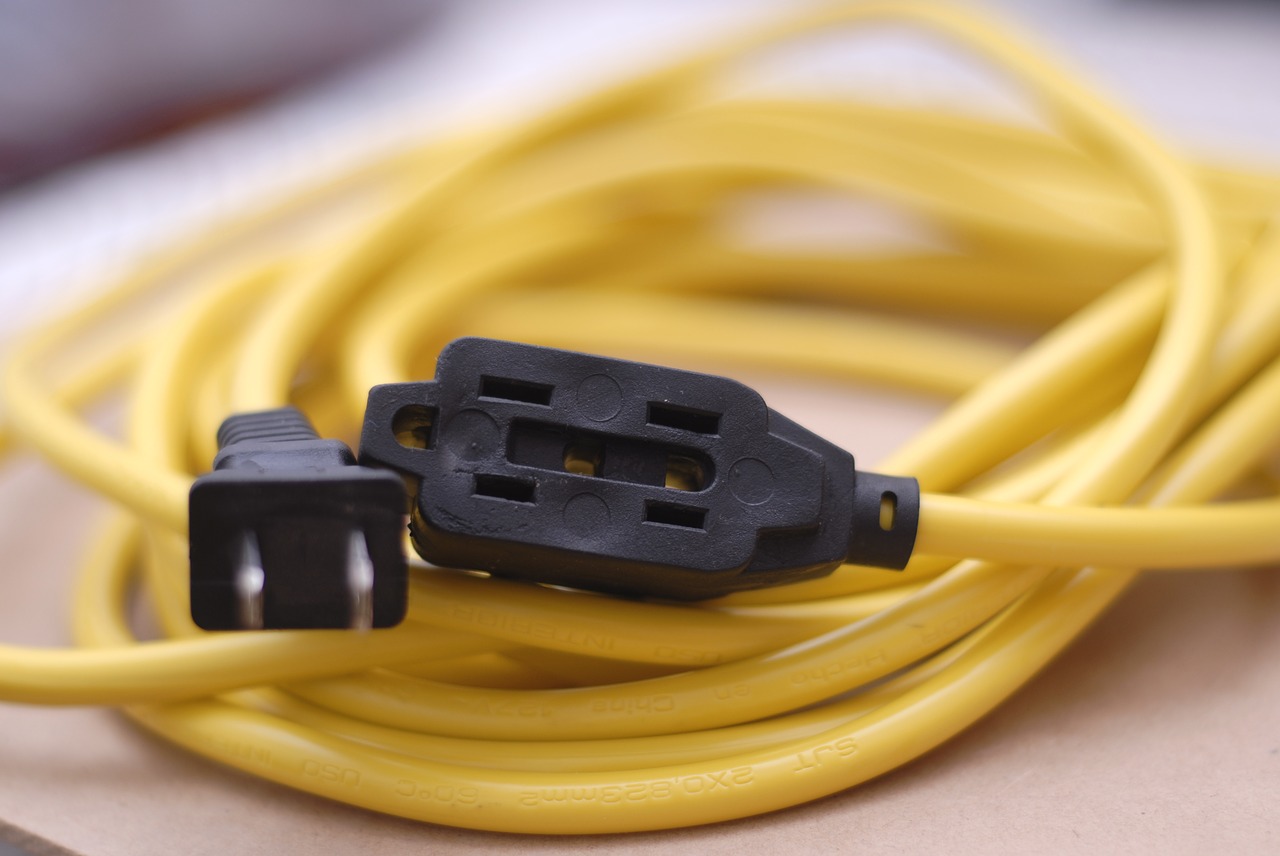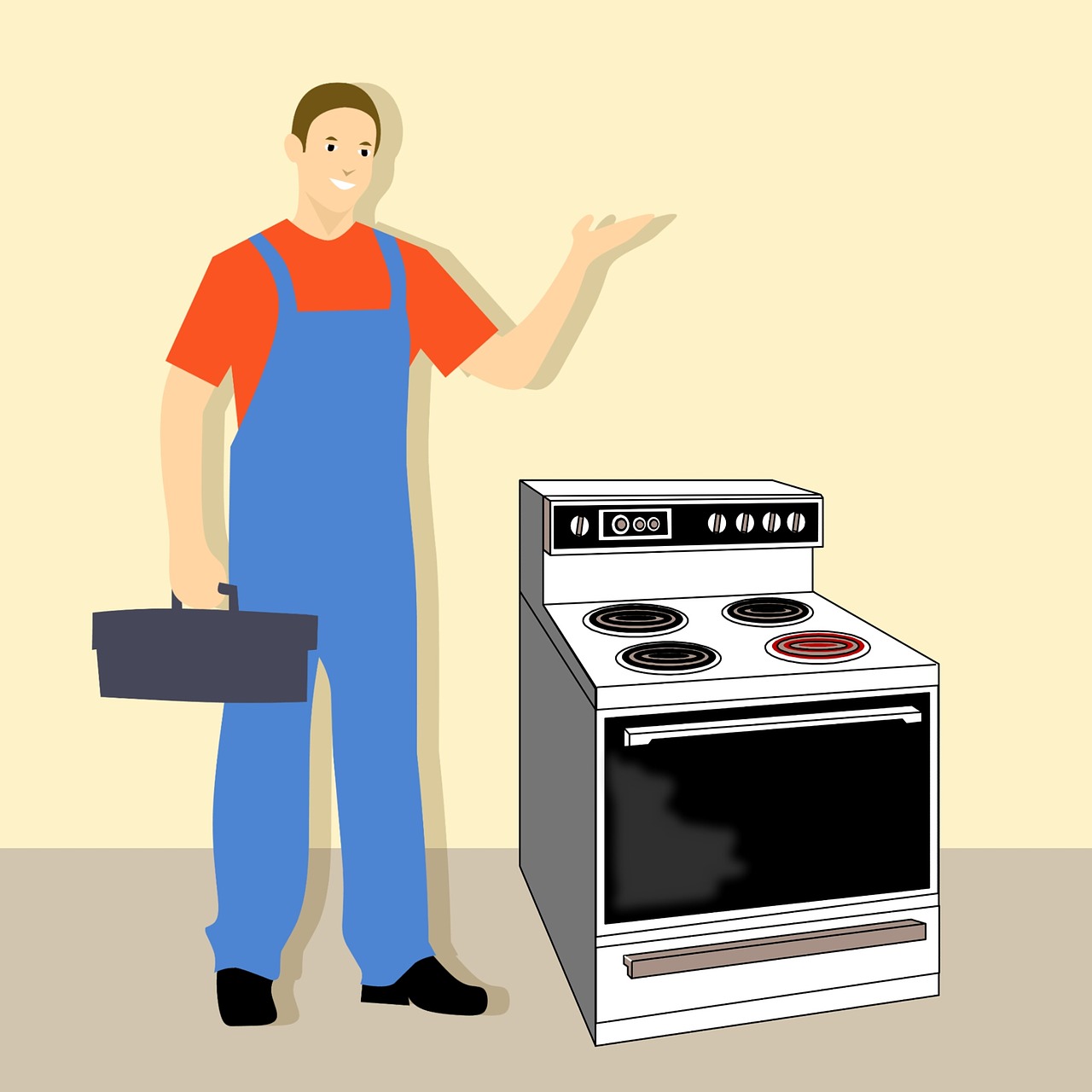What will you find in an electrically unsafe resort?
- Inappropriate outlets
- Unsecured panel boxes
- The use of multiple extension cords
- The state of appliances
In the Philippines, going to a resort isn’t something that’s only done during vacation or the holidays. Often, families would try to go to resorts whenever they can because of the tropical climate in the country. Chances are if you live in the Philippines, you’ve already visited a resort.
Resorts would always work with trusted electrical equipment and transformer suppliers in the Philippines in order to make sure that their premises are safe from any electrical hazards.
However, this is not always the case. In fact, there are some resorts that fall way under the standard safety requirements because they choose to cut costs or haphazardly buy products that are of low quality.
It’s incredibly important that you take a closer look at the resort that you’re staying at. The bliss that comes from cool pools and great service might be ruined if it turns out that electrical hazards are all over the area.
Make sure that the resort you’re planning on staying in is safe from electrical hazards by keeping an eye out for these bad electrical practices!
Inappropriate Outlets
It’s often advised that resorts or any other establishment that deals with water have GFCI outlets installed instead of the standard ones. GFCI outlets are specially designed to protect your electrical system from any kind of electrical disturbance, particularly the ones that are caused by external factors such as water, metal objects, and the like.
That being said, using all GFCI outlets alone is not enough. The placement of these outlets should be strategically located so that they won’t be in an area that is too close to the water. If they were, for example, required to be installed behind a poolside bar, the outlet should be placed in the safest place possible or at least have a weatherproof covering.
An acclaimed supplier of transformers and other electrical products such as Meiji Electric offers these GFCI outlets. They can also give you their professional opinion on how you should plan out the locations of your outlets. All of these precautions can make a resort as safe as possible!
Unsecured Panel Boxes
Panel boxes are the metal coverings used to secure circuit breakers. The circuit breakers are neatly organized within these panel boxes — usually labeled depending on which circuit they’re responsible for. In more secure resorts, there will also be a panel board — a sort of terminal that enables better control and safety when managing the power supply system.
If no panel board is in use, the management of the resort should always make sure that the cover remains closed unless a repair is being done. When panel boxes are not secured, it exposes the circuits to dust, water, and physical damage. Unsecured panel boxes might not be able to contain the sparks from an arc or short circuit if one were to occur, endangering the combustible items close to it.
An unsecured panel box is also a sign of inattentiveness by the staff since ensuring that they remain closed should not take much effort. Panel boxes should be in a convenient location yet still remain hidden from most of the patrons.
The Use of Multiple Extension Cords
Using a single extension set is perfectly fine, but when you find an establishment making use of multiple extension sets in succession aka daisy chaining, this may be a cause for alarm. Bear in mind that extension cords are supposed to be for temporary use only. It shouldn’t be a replacement for a permanent power outlet.
It’s much worse for resorts, however. If extension cords were to be used within pool premises, it can cause problems, especially if the extension cord does not have any GFCI receptacle.
Extension cords that are out in the open are not only unappealing to look at but can also be a hazard on their own. If they’re not secured onto the ground, many visitors and staff might trip on them, potentially damaging the outlet and/or the electronics that are plugged into it.
The State of the Appliances
Often when you go to resorts, you’ll find that all of their appliances and other electrical equipment are clean and tidy. However, this might hide some issues with their main electrical systems.
What you probably don’t see is how they’re handled during maintenance or when they’re being repaired. Sometimes, the upkeep of the appliances is ignored. The only thing that’s continually done is to fix up their appearances.
The outlets where appliances are plugged in might experience heavy wear and tear when they’re ignored for quite some time. It’s possible for these outlets to begin having clear signs of heating, sparks, and rusty screws. These hidden problems can lead to a multitude of problems including sparking, short circuits, and electrical shock.
Key Takeaway
Resorts should be places of bliss and happiness, not locations where visitors might encounter an electrical shock. Many suppliers of transformers and other electronics recommend everyone to be careful when staying at a resort.
That being said, it’s quite easy to find resorts that have also done ways to keep their visitors safe from electrical hazards. Take, for example, the Princess LJ Hotel and Restaurant, The Bellevue Resort, La Jolla Leisure Estates, and Dakak Park and Beach Resort. These are all resorts that have asked for our help in making sure they can keep their customers safe from electrical hazards.




